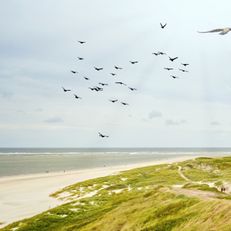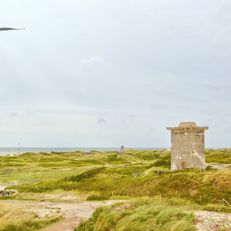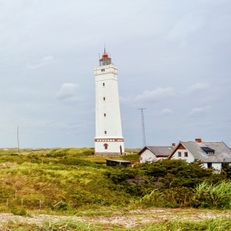Netherlands Traffic Guide
How to drive in the Netherlands
The Netherlands (colloquially also called Holland) are always worth a visit, from the big cities on the coast to the idyllic mill landscapes inland. To fully experience the picturesque landscape, the exciting culture, and the hospitable population, a road trip by car is a good choice.
In this guide, you can read about the traffic rules you should follow in the Netherlands.
Netherlands Traffic Rules Overview
- In the Netherlands, you can drive from the age of 18 if you have an EU driving licence.
- As throughout mainland Europe, driving is on the right-hand side of the road in the Netherlands.
- Within built-up areas, you must not exceed 50 km/h in the Netherlands. Outside built-up areas, the speed limit is 80 km/h. On national roads or expressways and during the day on motorways, the speed limit is 100 km/h. At night, speeds of up to 120 or 130 km/h are allowed on motorways.
- Both the driver and all passengers must wear seat belts while driving. Calling is only permitted for drivers using a hands-free system. The use of radar detectors is prohibited.
- There is no mandatory daytime running lights in the Netherlands. Lights must be turned on in poor visibility conditions and at night. However, driving with lights on during the day is highly recommended.
- While a first aid kit and warning triangle are mandatory equipment in vehicles in the Netherlands, carrying safety vests is optional but recommended.
- The alcohol limit is 0.5 per mille. Novice drivers must not exceed a limit of 0.2 per mille.
- Although cannabis is legal in the Netherlands, you may not drive after consuming it. Caution: THC can still be detected in the blood the next day. If you are driving during your holiday in Holland, it is advisable to avoid consuming cannabis altogether. Especially for mixed consumption (cannabis and alcohol or other drugs), even small amounts can result in high fines.
- No parking is indicated by yellow markings on curbs or at the edge of the road. Blue lines indicate a disc parking zone, where you can only park with a parking disc.
Driving in the Netherlands
The roads in the Netherlands
The Netherlands is known for the excellent condition of its roads. The entire country can be ideally accessed via the road network.
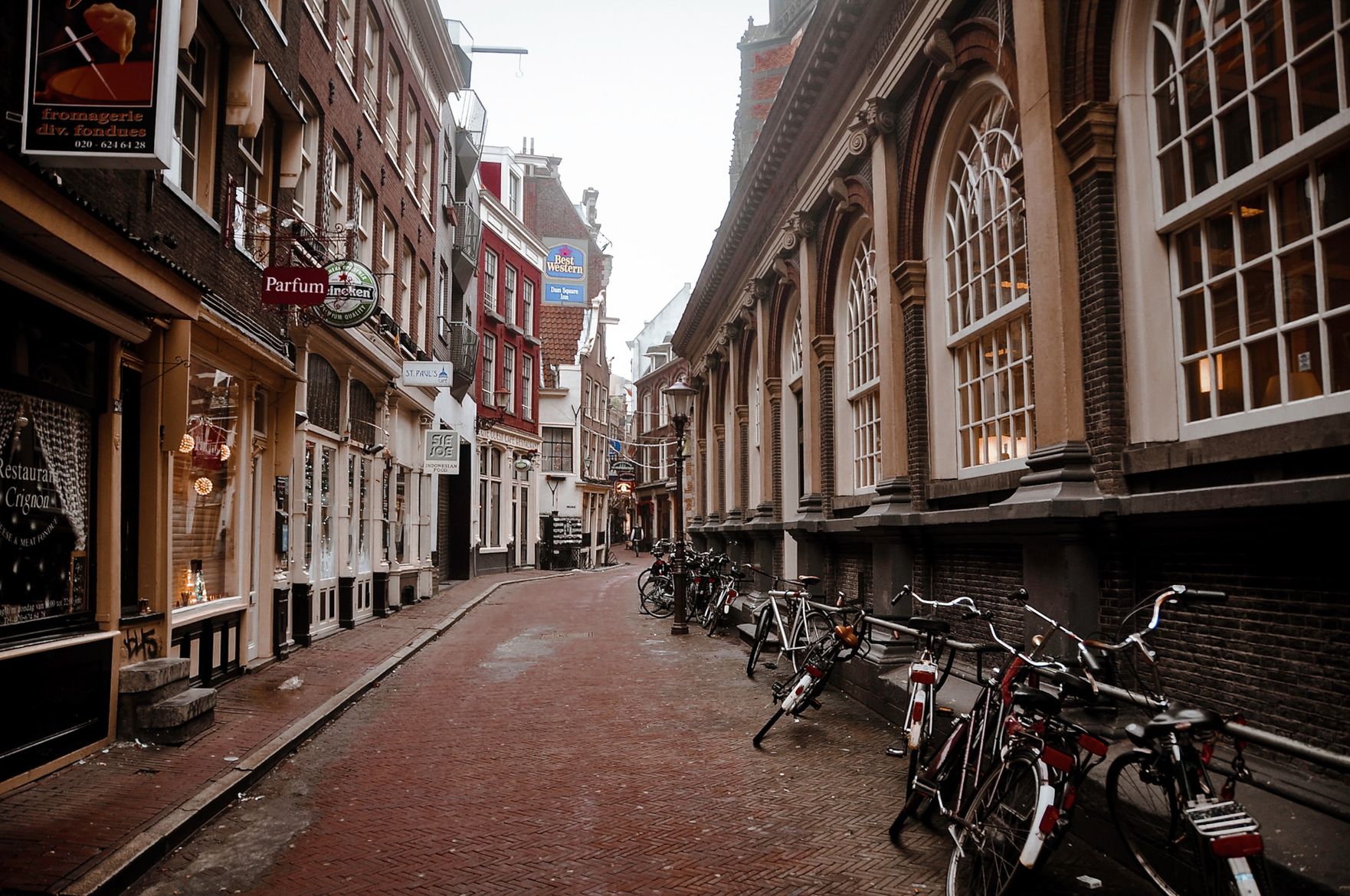
The motorways in the Netherlands are comprehensively developed, allowing you to move quickly and easily from city to city by car. Road traffic in the Netherlands is considered very safe.
Dutch cities like Amsterdam, Rotterdam, and The Hague are particularly bicycle-friendly. Therefore, cyclists generally have the right of way in urban traffic.
When driving in urban areas, you should be especially cautious of bicycles. Ideally, park your car at the edge of the city and explore the city using a rental bike.
Petrol stations and charging points
Petrol and Diesel: Petrol and diesel are widely available throughout the Netherlands, but they are relatively expensive compared to the European average. Most petrol stations are open until 8 PM. In larger cities, on motorways, and along major traffic routes, many petrol stations also offer their services 24/7.

Electric Cars: The Netherlands is one of the pioneers in electric mobility and is heavily investing in expanding its charging network. Currently, there are already nearly 20,000 charging stations throughout the country. The coverage is already considered very good, especially along main traffic arteries and in large cities, where you can charge your electric car without any issues.
In other areas of the country, traveling with an electric car might require some planning. Those who prepare and research suitable charging stations along their route before starting their journey need not worry about range anxiety.
Hydrogen Cars: You can also holiday in the Netherlands with a hydrogen car. Particularly around the largest cities on the west coast, there are already several hydrogen fuel stations. More stations are currently under construction.
Rental car or own car?
The Netherlands shares land borders with Germany and Belgium. Those wishing to enter the Netherlands by car must be able to prove that the vehicle is insured for liability.
For vehicles from the EU, the Euro number plate is usually sufficient. However, it is advised to carry an International Insurance Card to be covered in case of damage.
The availability of rental cars in the Netherlands is also excellent. Many providers allow you to rent a car from the age of 19. However, those under 25 should expect additional young driver fees.
Fines
Fines in the Netherlands can be very high, and your traffic offenses can follow you beyond the border. Since the Netherlands is part of the EU, fines can also be enforced in other EU countries. For example, Dutch authorities are particularly stringent about parking violations by tourists from abroad.
For exceeding the speed limit, sometimes very high sanctions are threatened. Fines are due for speeds as little as 5 km/h over the limit. At 30 km/h over the limit (or 40 km/h on motorways), it is even checked whether the driver is physically and mentally still capable of driving. Since speed measurements are taken over longer stretches on some motorway sections, you should be especially careful to comply with the speed limits at all times.
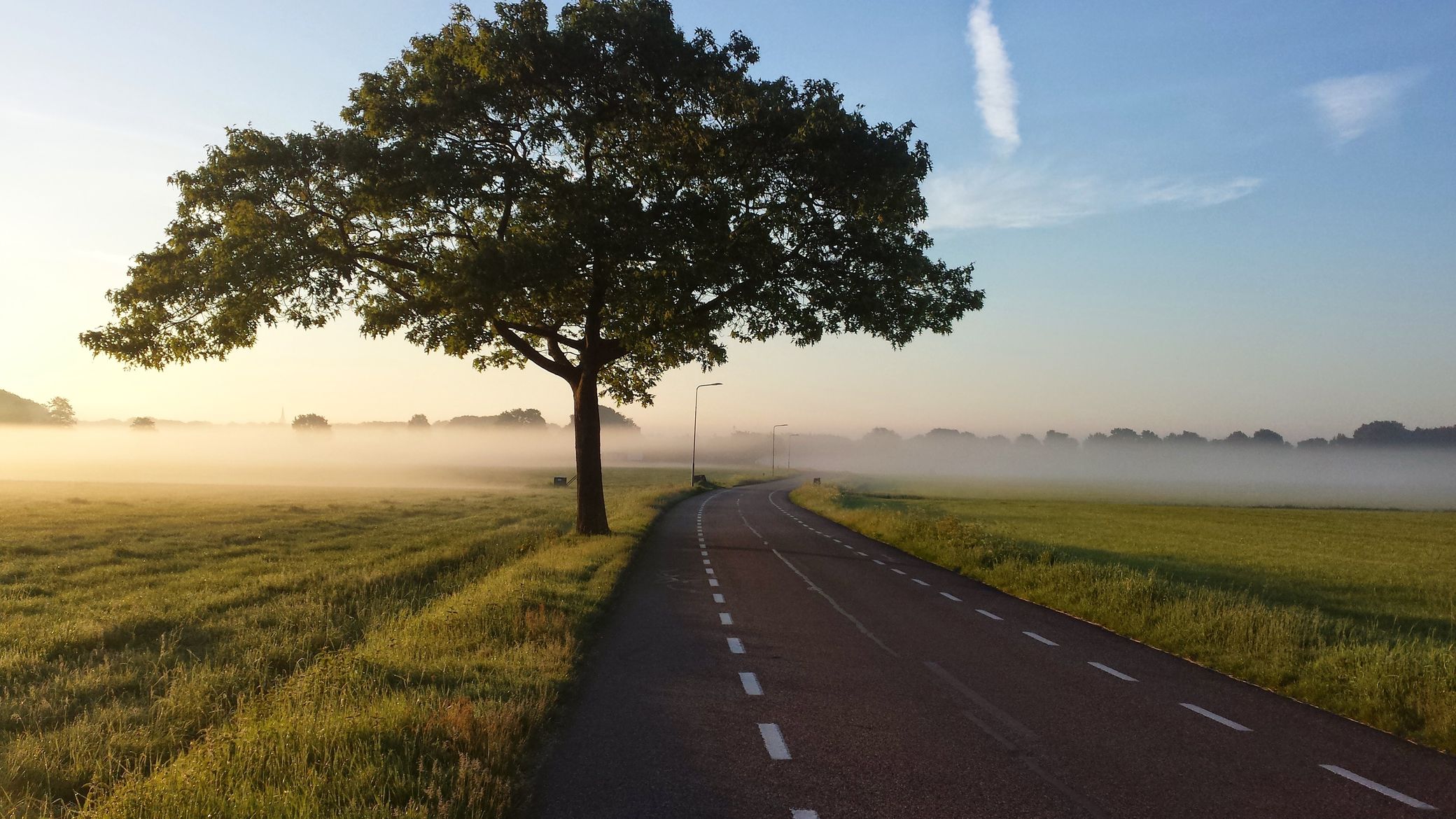
Excerpt from the fine catalog:
- Speeding (from 5 km/h): from 29 Euros (approx. £25)
- Speeding (from 10 km/h): from 72 Euros (approx. £62)
- Speeding (from 20 km/h): from 195 Euros (approx. £167)
- Speeding (over 30 or 40 km/h): Income-dependent
- Seatbelt violation: 160 Euros (approx. £137)
- Driving under the influence of alcohol: from 300 Euros (approx. £256)
- Red light violation: 280 Euros (approx. £239)
- Using a mobile phone while driving: 380 Euros (approx. £325)
- Illegal parking: from 110 Euros (approx. £94)
Conclusion: Driving in the Netherlands
In Dutch cities, the bicycle is the preferred mode of transport. For those looking to travel between cities or explore the coast, a car is the best option. Due to the country's ideal location, the Netherlands is wonderfully accessible by your own car. Alternatively, you can choose to rent a car – perhaps even try one with an electric drive?
► Here you can find more information about toll regulations in the Netherlands, to be optimally prepared for your vacation.

